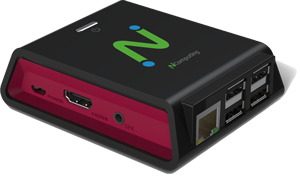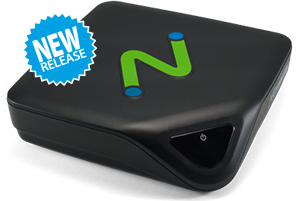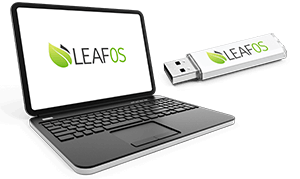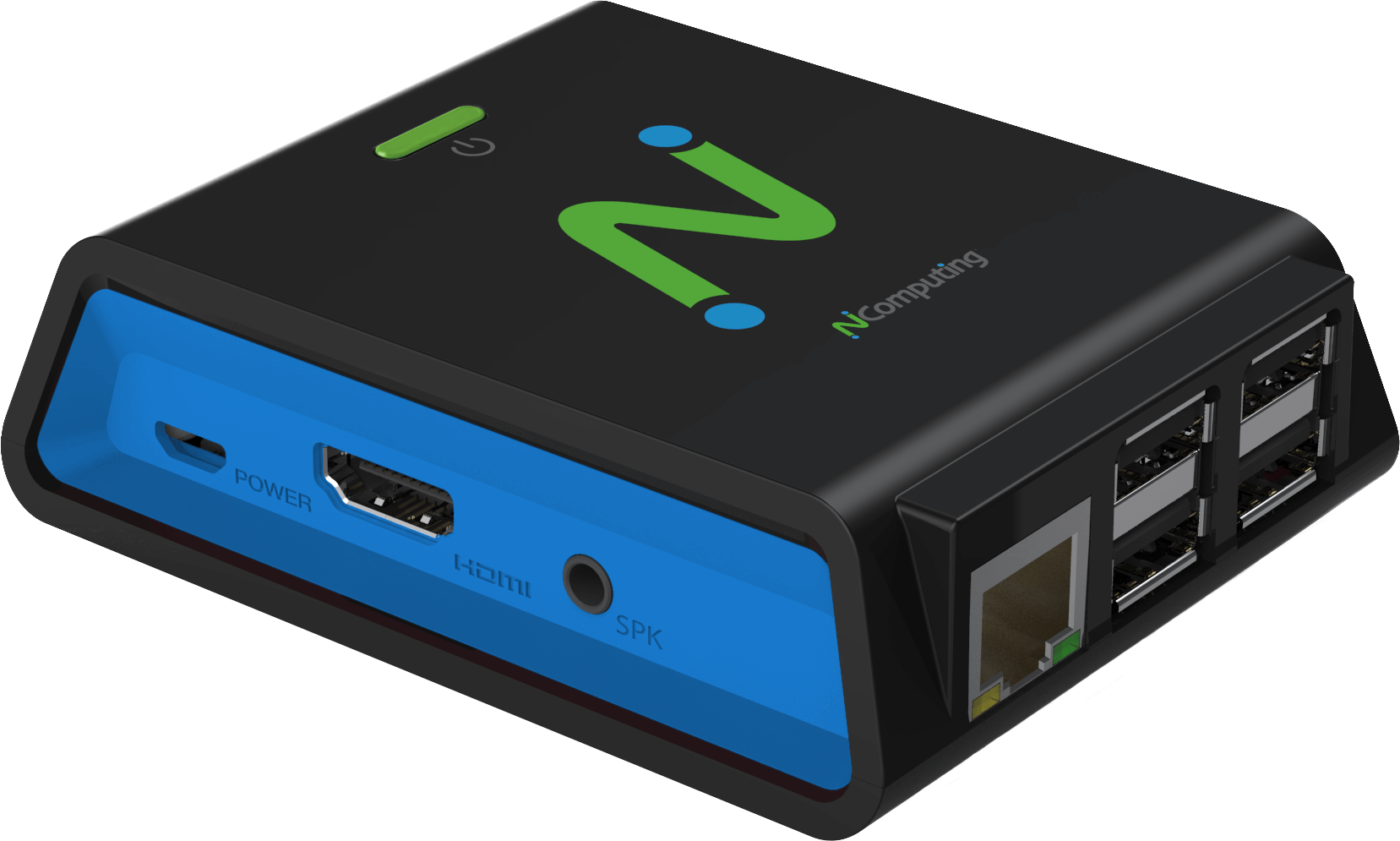ARM-Based Thin Clients Revolutionize Bamberg District Office

NComputing’s innovative approach replaces traditional personal computers with efficient, cost-effective ARM-based endpoints and the central management software, PMC. This strategic transition streamlined operations, enhancing the stability of numerous specialized administrative programs , and significantly reduced employee downtime and power consumption.
The network manager emphasized the benefits of transitioning to thin-client architecture. “The switch from desktop computers to a thin-client architecture is particularly worthwhile for administrations,” highlighting the challenges of managing specialized applications on individual PCs, often leading to conflicts and inefficiencies. With the implementation of RDS-based architecture and NComputing endpoints, the district office can now effortlessly update all specialist applications centrally, minimizing conflicts and ensuring seamless operation.
The client system administrator at Bamberg highlighted the positive impact on energy consumption and resource efficiency. “We no longer have an oversized ‘PC power plant’ under every desk,” emphasizing how centralizing data processing on servers allowed administrative staff to utilize minimalist on-site computers. These energy-efficient thin clients consumed only two to ten watts, a stark contrast to the 50 to 200 watts consumed by their predecessors–a significant energy savings.
The Bamberg youth welfare office faced prolonged startup times and manual setup challenges with Windows-based desktop computers. The transition to Terminal Service (RDS) marked a turning point. NComputing provided a modern solution, replacing “fat clients” with ARM-based thin clients and the LEAF OS operating system, offering a seamless Windows interface experience to users. NComputing’s management software, PMC, simplifies remote access, videoconferencing, and the central distribution of network resources and user profiles. With the new system in place, setting up access points became convenient, thanks to the efforts of a designated IT facility manager. This technical expert efficiently connected thin clients on-site, allowing the IT department to handle software allocation and configuration remotely.
The advantages of the new architecture became evident in the district office’s day-to-day operations. The network became more scalable, minimizing risks associated with improper operation. Stability improved, conflicts between specialized applications diminished, and system efficiency enhanced itself over time. Thin clients outperformed desktop PCs, starting up faster and eliminating morning dead time with centrally managed updates.
The collaboration between the Bamberg District Office and NComputing was met with enthusiasm and satisfaction from the IT team, highlighting the success and positive impact of the strategic partnership.



-menu.png)


